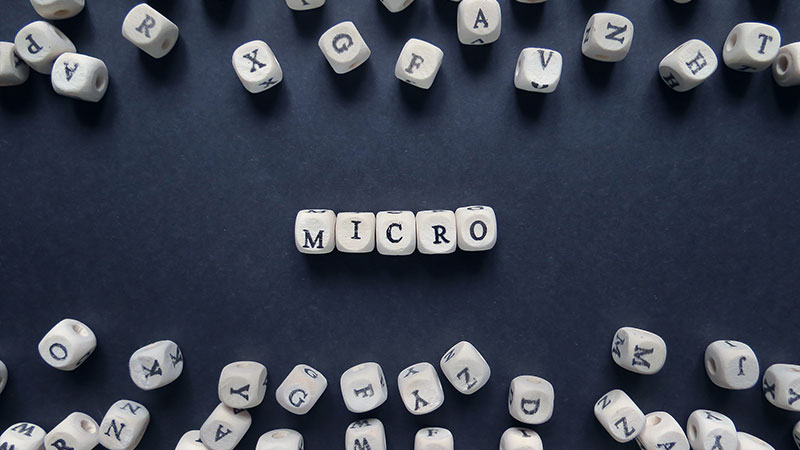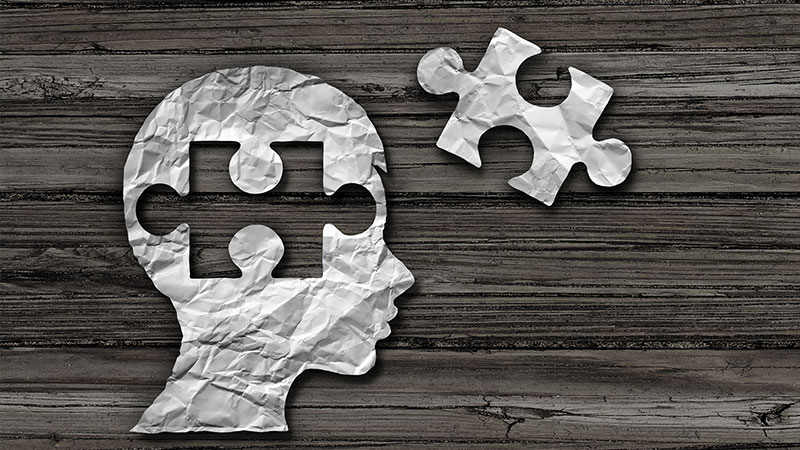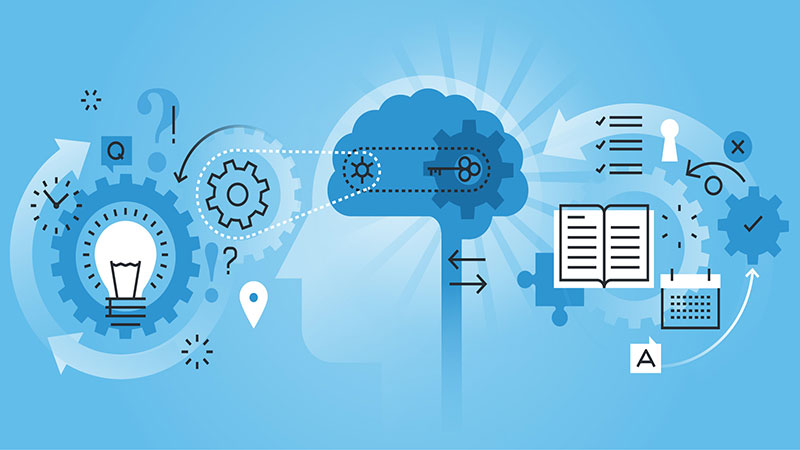In instructional design, gamification is the application of methods proper to games, notably video games, to incite users to gain knowledge or to develop a desired behaviour.
Personalized training
Doru Lupeanu2018-09-07T14:03:22-04:00The personalized training is a training method based on the fact that each learner is unique.
Adaptive learning
Doru Lupeanu2018-09-07T11:30:04-04:00Based in particular on the artificial intelligence advances and on adaptive hypermedia, adaptive learning is a personalized training mode that uses technologies, not only to transmit contents to the learner and to evaluate his learning but also to adapt it for him.
Micro learning
Doru Lupeanu2018-09-07T11:09:14-04:00Micro learning is an eLearning approach based on short informative sessions – which last in general from a few seconds to 15 minutes –on a given topic and with a specific purpose.
Cognitive sciences
Doru Lupeanu2018-02-22T15:06:42-05:00Cognitive sciences gather disciplines that aim to describe and explain the mechanism of human, animal and artificial thought, and every complex system of information processing able to acquire, retain, use and transmit knowledge.
Neuroeducation
Doru Lupeanu2018-02-22T15:00:05-05:00An interdisciplinary field of research combining educational sciences and neurosciences, neuroeducation aims to identify teaching approaches that are most compatible with the functioning of the brain.
Neurosciences
Doru Lupeanu2018-02-22T15:10:14-05:00Being a part of the cognitive sciences, neurosciences gather all the disciplines that study the structure and the functioning of the nervous system and its diseases.
Flipped classroom
admin2018-02-14T15:25:41-05:00The flipped classroom is an instructional strategy in which the learner independently studies the notions of the course before attending the class.
Synchronous eLearning
Doru Lupeanu2018-01-10T11:02:20-05:00Synchronous eLearning refers to one of the two types of interaction that can take place in an eLearning environment.










